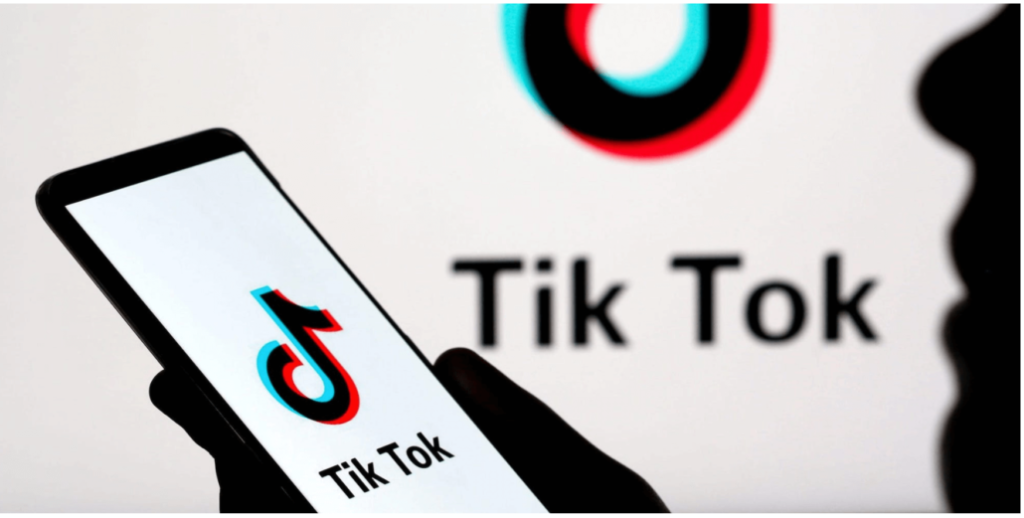The concept of Internet Law
Internet Law is a novel branch of Law that aims to provide legal security and safety of Internet users. The need for it arose due to the widespread use of the Internet for marketing purposes, the sale of goods and services through Internet platforms, the growing number of social network users, but also the various abuses that accompany such activities.
This branch of Law deals with the protection of the privacy of users on social networks, the regulation of freedom of speech, criminal offenses arising from actions on the Internet, the protection of copyright on the Internet. As Internet Law should regulate a fairly wide range of activities and entities whose scope of work often exceeds state borders, there are problems in its creation, adoption and further implementation.
Vulnerability of children and teenagers on the Internet
In Serbia, the focus on this problem returns to the recent case of suicide of a ten-year-old boy from Rakovica. Although the investigation is still ongoing, there are assumptions that the child killed himself while participating in a challenge on the social network TikTok, known as the “Blackout Challenge.” This challenge involves people recording themselves keeping their breath for as long as possible. The case is related to the suicide of a ten-year-old girl from Palermo, Italy, who lost her life in a similar way, by strangling herself with a belt in the bathroom. This prompted the Italian Data Protection Authority in Rome to limit the work of TikTok in Italy. Namely, although the official TikTok policy requires a minimum age of thirteen to create an account, a ten-year-old girl managed to log in and use the network’s capabilities. The fact that children can lie about their age to create an online account has completely been ignored. For that reason, TikTok was ordered to block each user’s account by February 15 at the latest if it could not determine the age of a user with certainty. It remains to be seen whether the company will comply with this requirement or invoke the invalidity of Italian Law.
Can the current legislation in Serbia respond adequately?
Unlike Italy, Serbian authorities have lagged in their reaction to the case. Moreover, there is a lack of appropriate legal frameworks to which they would refer in case it is determined that the child really lost his life by participating in this dangerous challenge. Chapter 27 of the Criminal Code of the Republic of Serbia, Criminal offenses against computer data security, in Articles 298 and 299 penalize damage to computer data and programs (deletion, modification or concealment) and computer sabotage, which involves interfering with computer data processing, by a fine or imprisonment. This part of the Criminal Code also regulates the issues of creating and introducing computer viruses into someone else’s computer or computer network, computer fraud, unauthorized access to a protected computer, preventing access to a public computer network, obtaining illegal property using a computer or computer network, production, sales and distribution computer equipment for the purpose of committing criminal offenses against the security of computer data. The problem of regulating the work of foreign companies whose platforms are joined by users from our country, such as Facebook or TikTok, is not resolved in our legislation, so there is no legal basis to sanction TikTok in case the investigation finds that the boy was killed due to the use of this social network, although he was younger than the allowed age category.
We should also consider the fact that this TikTok challenge is not the first harmful challenge to be noticed, to which children and teenagers on the Internet are subject. The National Contact Center for Child Safety on the Internet, which started operating in 2017 at the Ministry of Trade, Tourism and Telecommunications, has been reported through dangerous games, such as “Blue Whale“, “Skull-breaker challenge“, “Tide-pod challenge”. Regarding the reported cases, Center cooperates with the Special Prosecution Office for High Tech Crime of the Republic of Serbia, the Ministry of Internal Affairs and the centers for social work. Its task is to provide appropriate advice to those who call, conduct training in this area and further forward cases to the competent authorities. The problem is that not enough people know about the existence of such an institutional mechanism to use it or see the need to turn to it.
What can we do to change reality for the better?
Judging by the problems that occur in reality, where the case of the boy from Rakovica is not the only one, we can unequivocally see the need for the development of Internet Law in Serbia. As previously mentioned, this Law is currently limited to the mentioned actions from the Criminal Code, concerning data misuse and other hacking activities, such as making and releasing viruses into other systems. Insufficient attention is paid to the protection of juveniles when it comes to the freedom to use social networks, children’s access to harmful content and the acceptance of various dangerous games and challenges. In an attempt to address this issue, a more restrictive legal framework should be built with appropriate age restrictions for network users. In addition, parents have a significant responsibility when it comes to controlling their children’s usage of technology, Internet platforms and the content they access. In that sense, their education is of great importance, highlighting their awareness of whether buying their children a phone at such a young age has more benefits or drawbacks, as well as on which social networks their children create accounts. It is also necessary for the National Contact Center for Child Safety on the Internet to intensify its work through educational workshops and trainings, promote itself and its tasks so that juveniles and parents know who to turn to and encourage parents and children to take the dangers of the Internet seriously.








